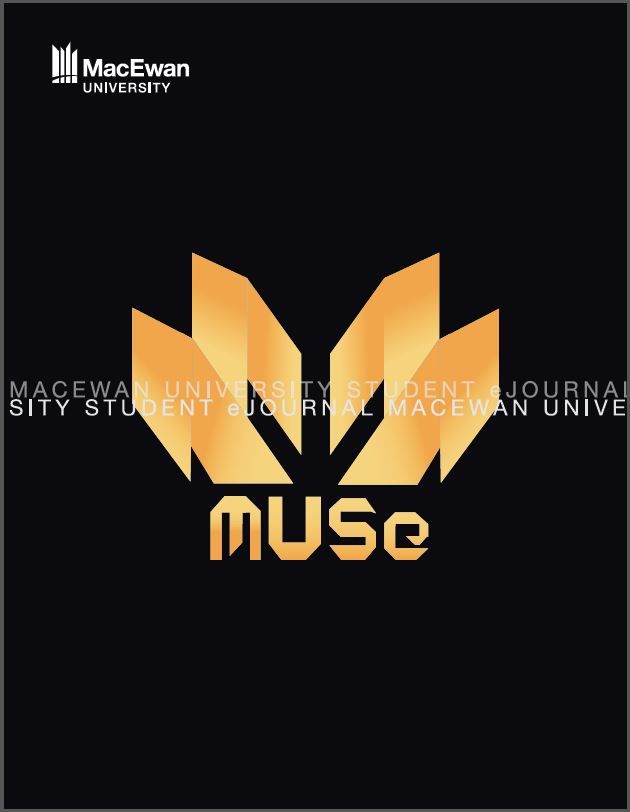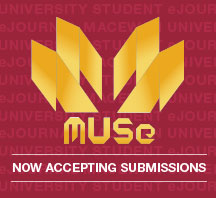Site-Directed Mutagenesis of Position 204 Threonine to Isoleucine Failed to Generate Acid-Tolerant EGFP
DOI:
https://doi.org/10.31542/130faf10Abstract
Protonation of green fluorescent protein (GFP) in acidic conditions prevents the emission of fluorescent light and limits the ability to visualize, localize, and study acidic organelles. Therefore, it is critical to introduce mutations into enhanced GFP (EGFP) to generate acid-tolerant fluorescent proteins. This experiment aimed to replicate a threonine to isoleucine mutation at position 204 in EGFP and identify if acid-stable fluorescent proteins would be produced in the BL21(DE3) Escherichia coli system. Site-directed mutagenesis was utilized to generate T204I mutant EGFP. SDS-PAGE and fluorescence microscopy were employed to analyze induction success and fluorescence. Spectrofluorophotometry was used to determine the excitation and emission spectra of T204I mutant EGFP and whether acid-tolerant proteins were generated. Results illustrated that the mutation of threonine to isoleucine at position 204 produced fluorescent proteins at pH 7. However, at pH 6 and 5, proteins failed to fluoresce. The replication of the T204I mutation failed to generate acid-stable EGFP proteins in the BL21(DE3) E. coli system. There is significance in generating acid-stable cellular markers, as currently, no cellular markers thrive in acidic conditions. This limits the ability to study acidic organelles and acidic cellular processes. Creating acid-tolerant markers will permit a greater range of biological research.
References
Downloads
Published
Issue
Section
License
Copyright (c) 2025 Milica Vignjevic

This work is licensed under a Creative Commons Attribution-NonCommercial 4.0 International License.
By publishing works in MUSe, authors and creators retain copyright under a Creative Commons Attribution NonCommercial (CC BY-NC) license, which allows others to share these works for non-commercial purposes as long as credit is given. The MUSe Editorial Board reserves the right to make copy-editing changes to works prior to publication to ensure they conform to the publication's style and quality standards. The Editorial Board also reserves the right to archive published submissions in MacEwan University's institutional repository, RO@M.



